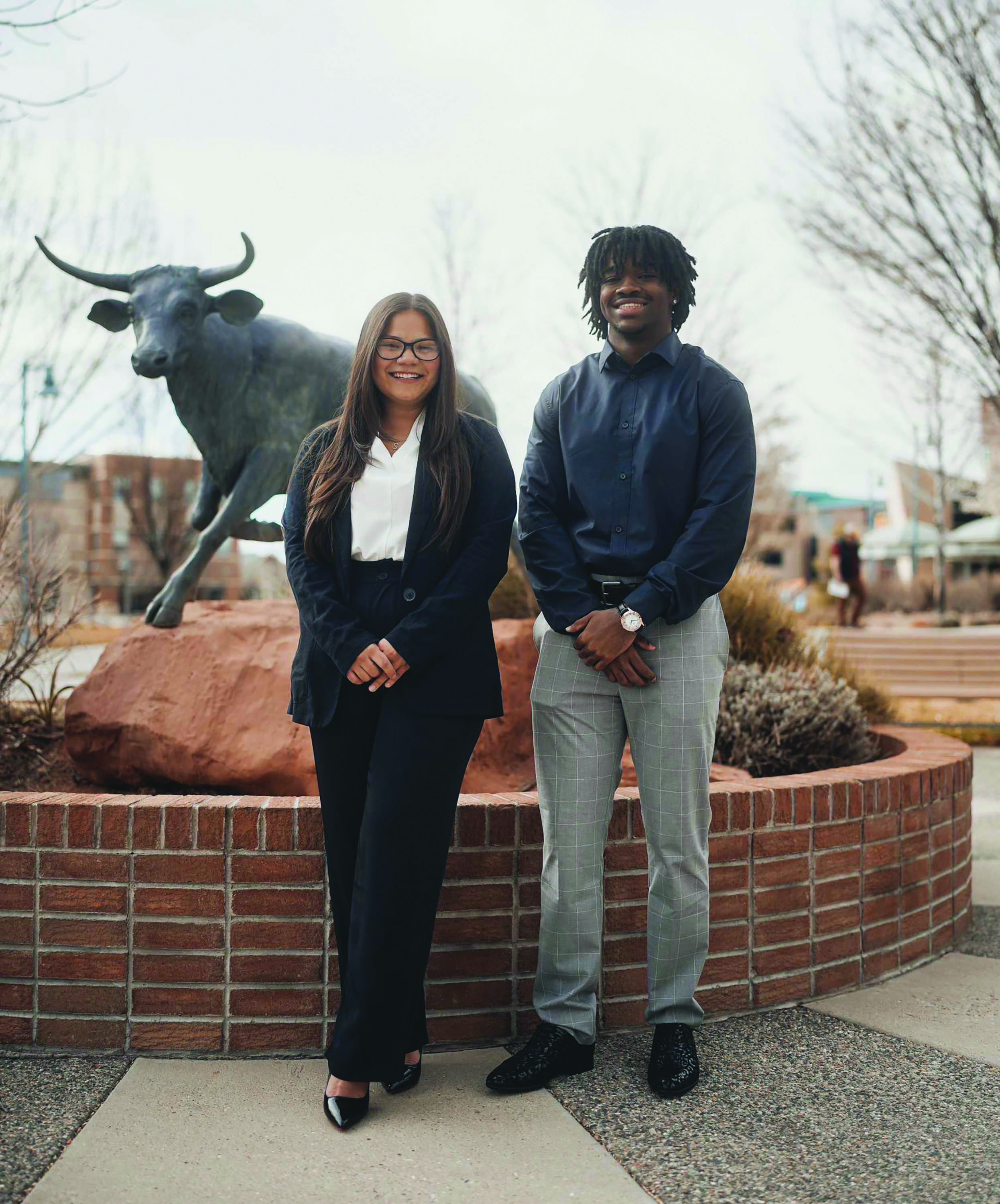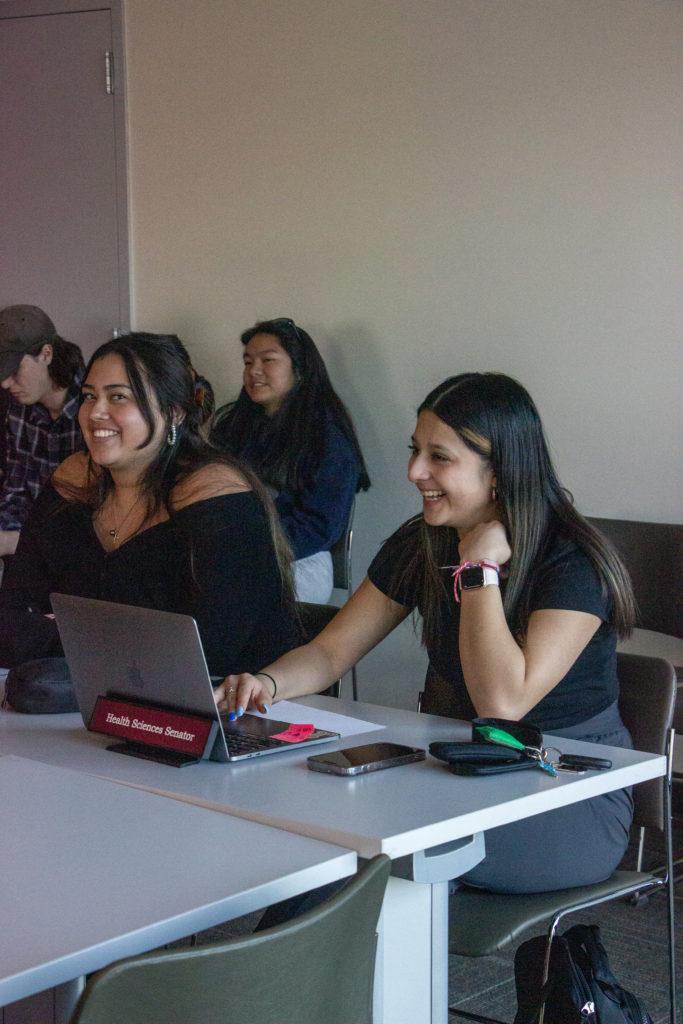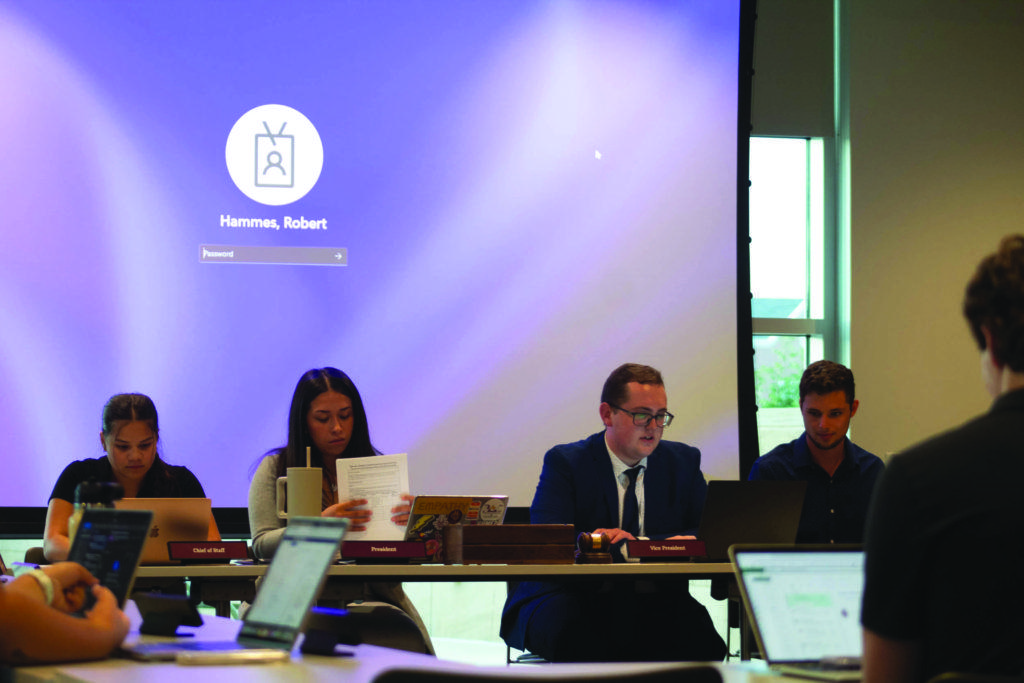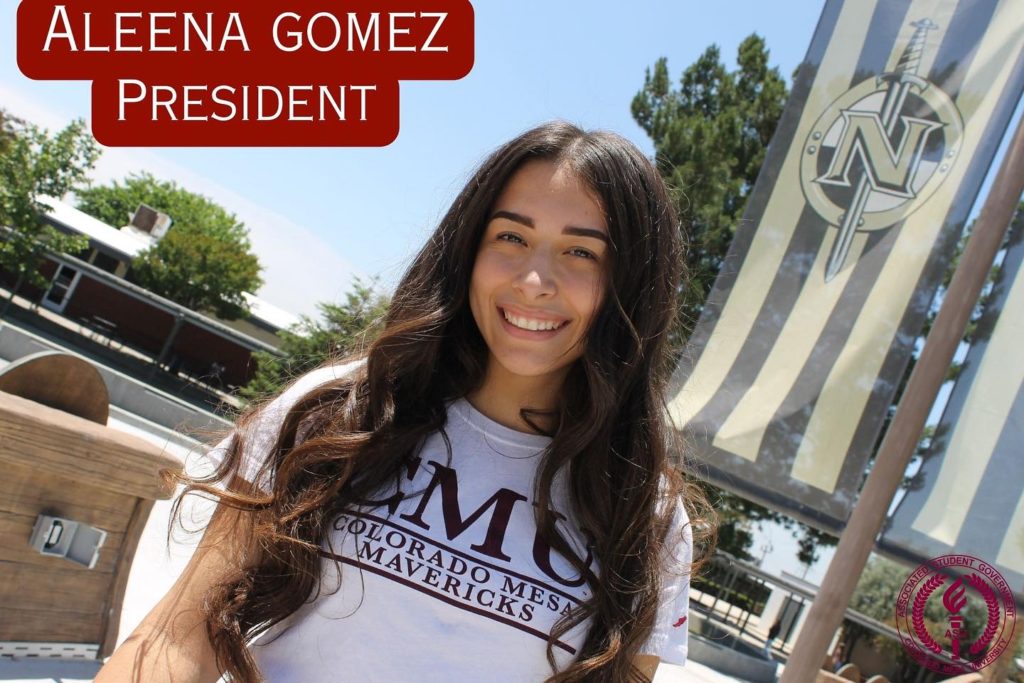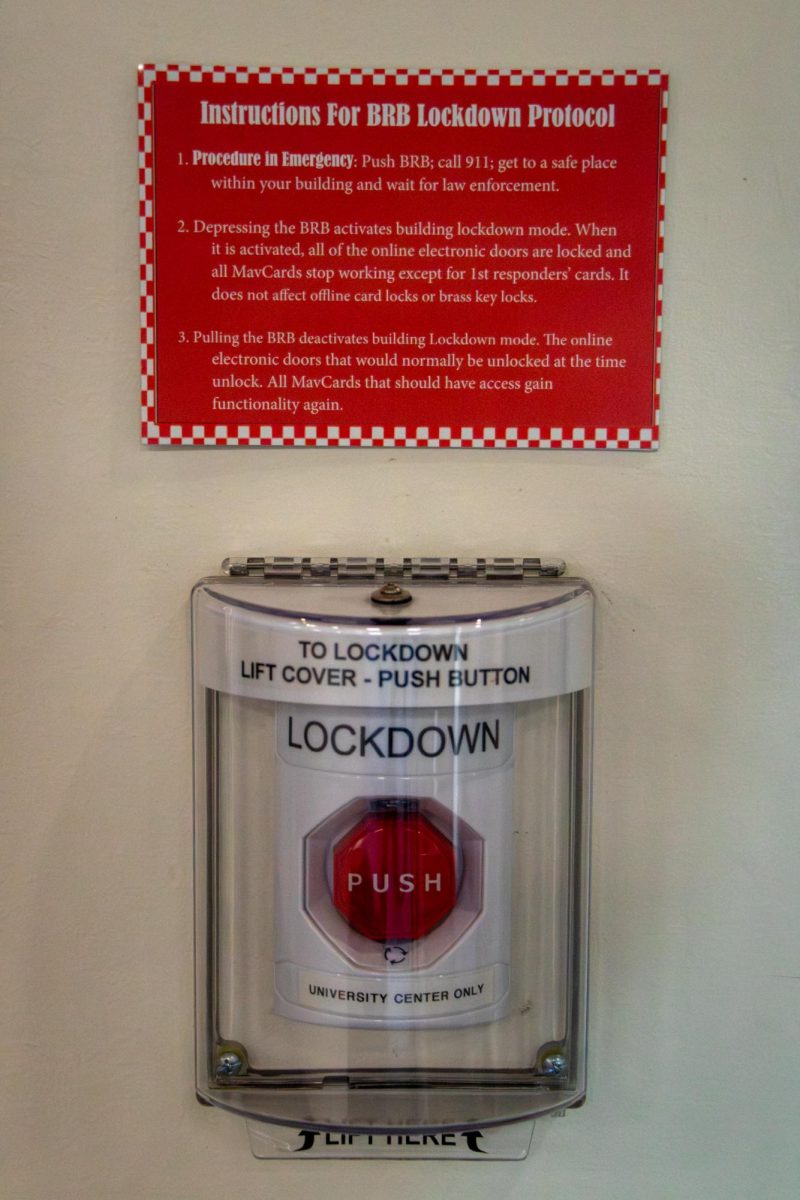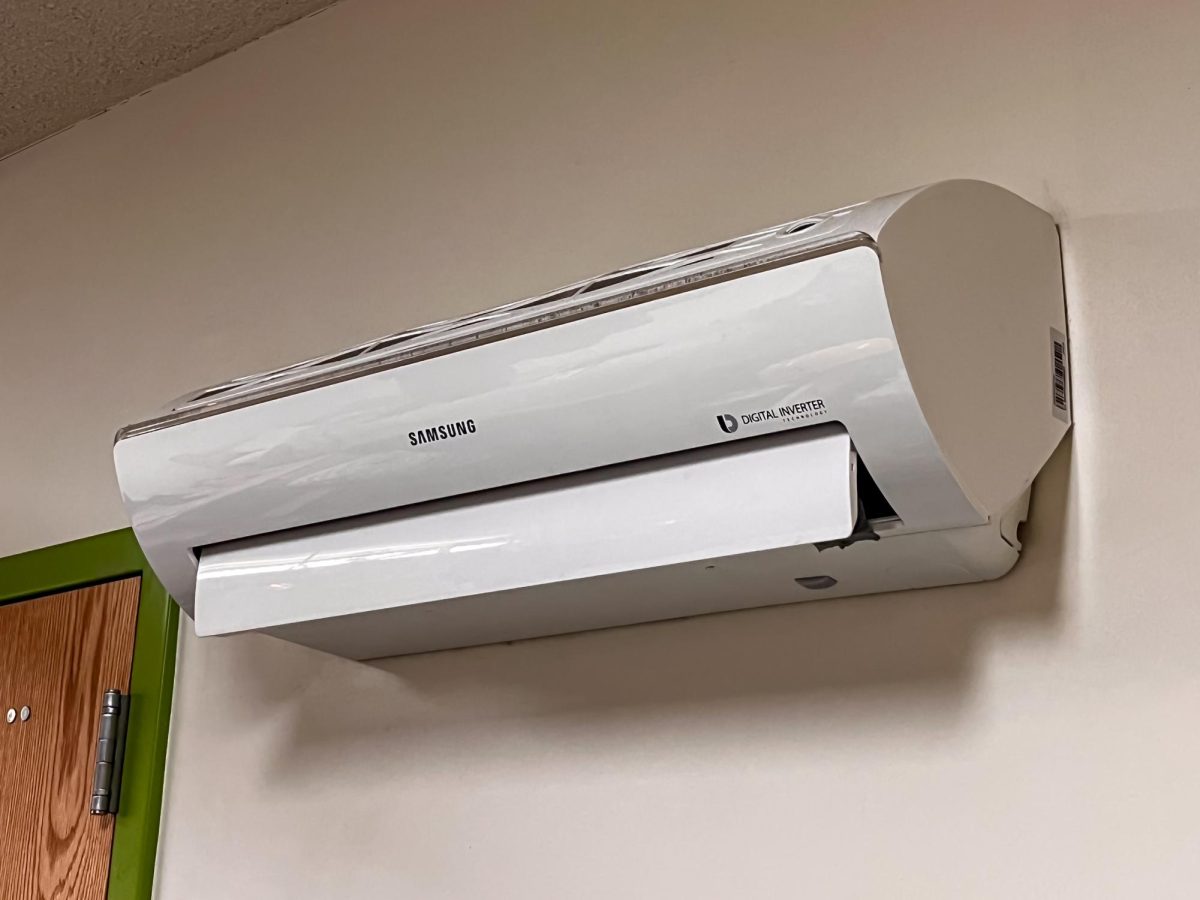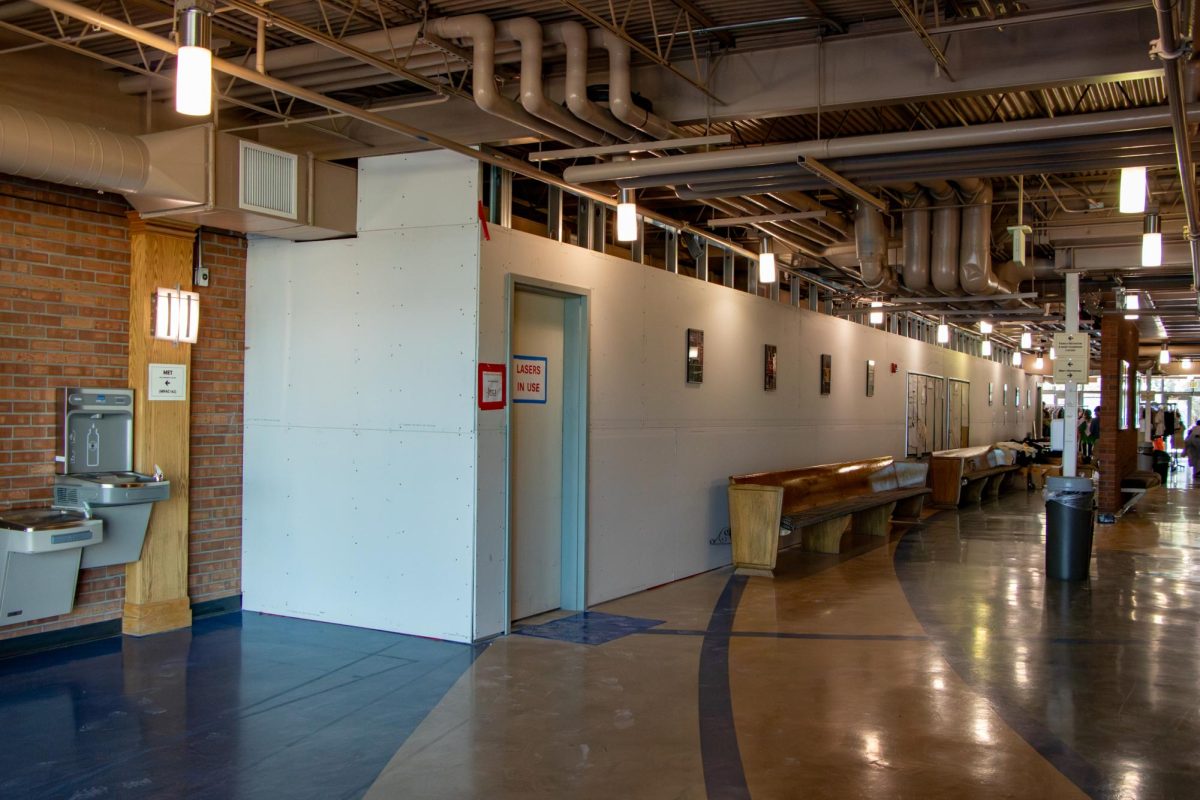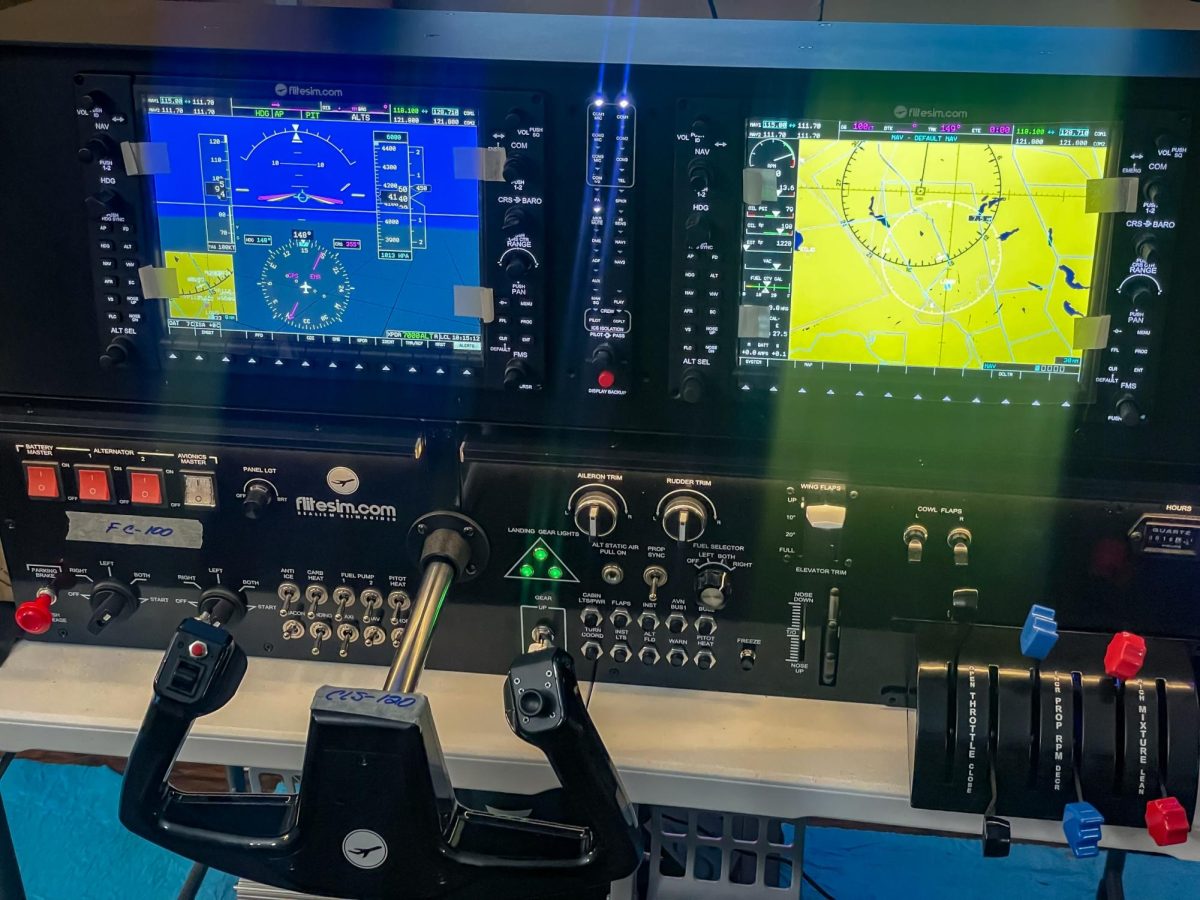The Associated Student Government discussed cases in which a senator should abstain from discussion or vote during their March 31 meeting.
The discussion stemmed from an article in the bylaws, which ASG is currently amending for clarity and logistical issues.
Proposed changes made by the Internal Committee stated that senators could sponsor a bill for a club of which they are a member and participate in the discussion, but were required to abstain from voting on the bill. Another significant change suggested that bill sponsors should abstain from voting on their bills as well.
Chair of Internal Committee Elise Leonard explained that such changes were added to prevent clubs from relying upon an ASG member to present bills for them, instead of presenting their requests to the Senate body themselves.
Senators Lauren Mason and Richard Nguyen were in favor of removing the requirement to abstain in the case of a bill sponsor or club member. Both believed voting in favor of such bills demonstrated support for constituents, rather than a conflict of interest.
Senator Jay Shearrow disagreed, and argued that senators should refrain from presenting for clubs of which they are members, but can support their clubs during the discussion and by vote.
ASG reached a compromise of cutting some of the requirements from this article, and leaving only part of the provision, which suggested senators merely abstain from the presentation of financial requests.
As written, the article now states that senators should “refrain from presenting expenditure requests for clubs and organizations of which they are a member of.”
Under this wording, senators are allowed to both participate in discussion and vote in favor of bills for clubs of which they are members and of bills for which they are sponsors.
ASG saw no financial bills for club funding this week. Bylaw changes can be passed in coming weeks, after they have been seen on the floor during three separate meetings.
In other action:
A student called on ASG to provide funding and support for the installment of manual locks on classroom doors, as such locks would allow professors to lock classrooms themselves in the case of an active shooter threat.
John Beezley, the founder of the Veteran Laptop Project, reported that after a discount from Hewlett-Packard, he was able to purchase eight laptops to use in the first lottery for the project.
Documents pertaining to election rules and regulations were tabled until the Internal Committee could review and prepare them for next week’s meeting.
Correction: In previous ASG recap article “Laptops for Veterans,” it stated that the computers provided by the Veteran Laptop Project would be free for all qualifying veterans. Laptops are instead provided via a lottery system, into which all qualifying veterans are placed. Those who win the lottery will be given a laptop to use for a semester, at a 50 dollar fee. The lottery system will continue until the project has enough laptops to fill veteran need.



